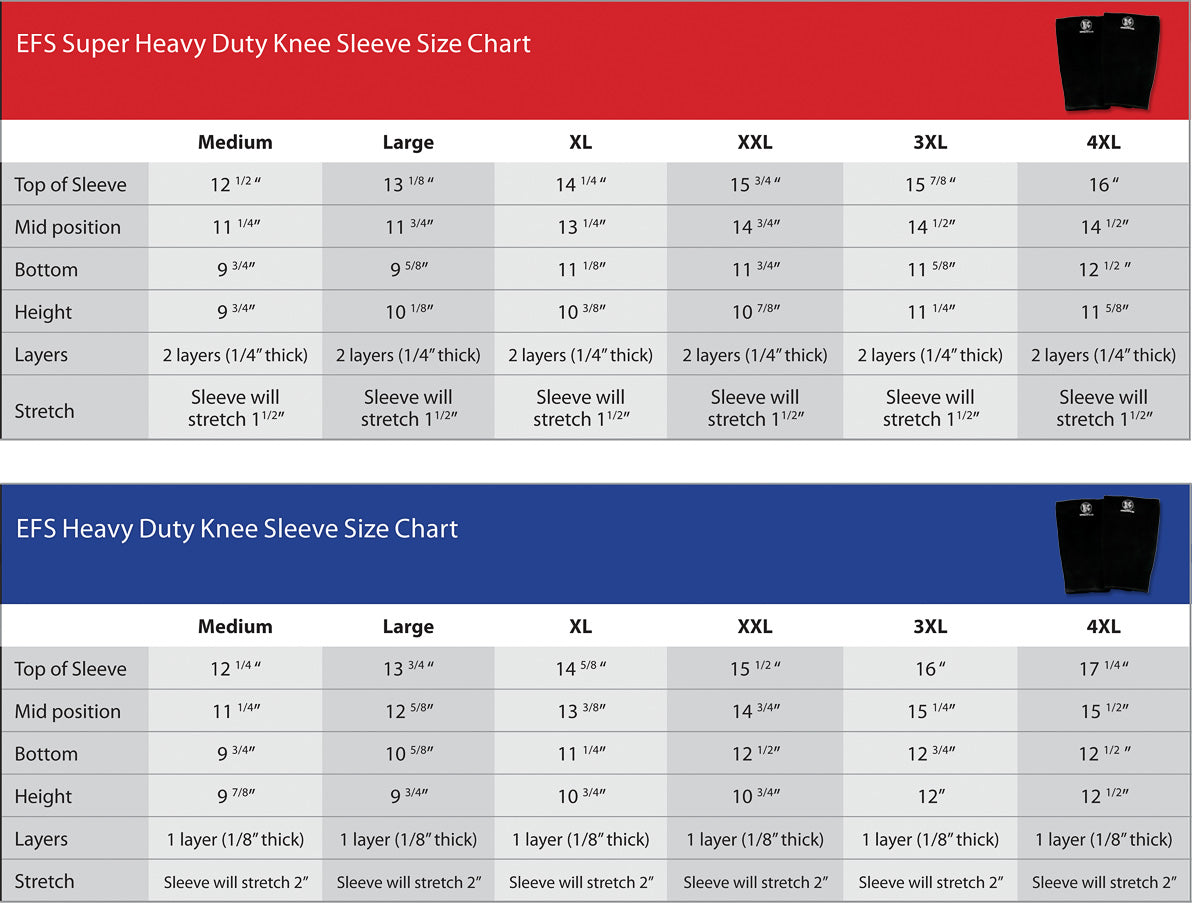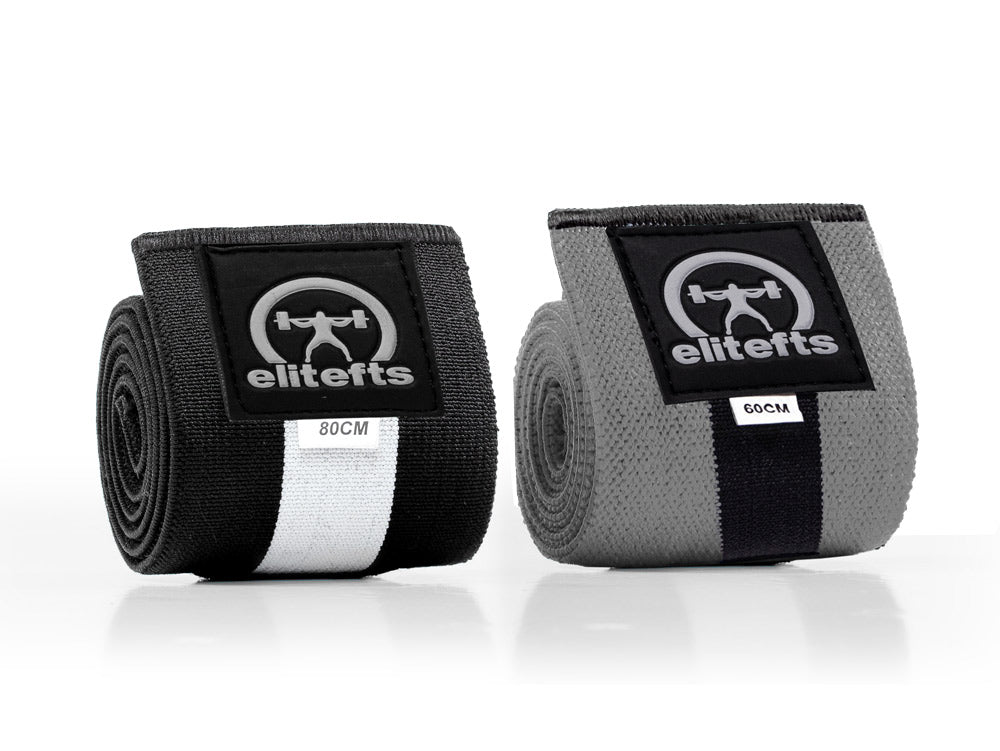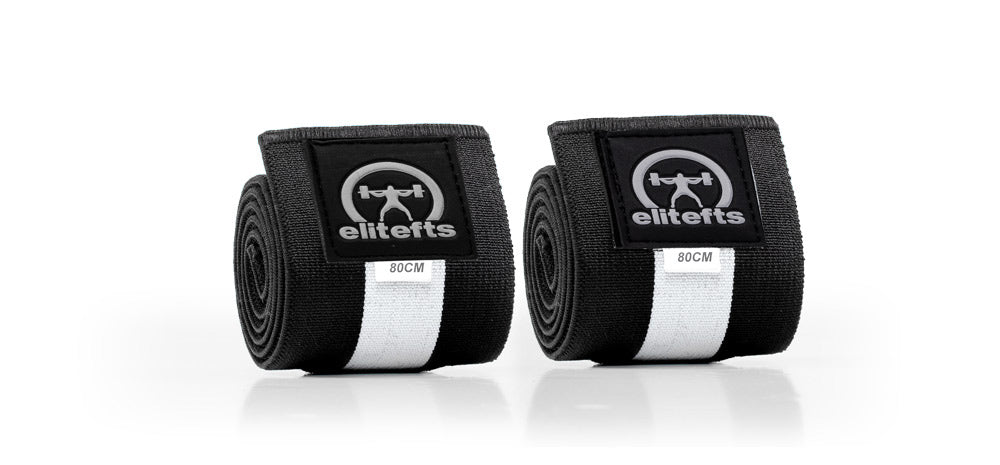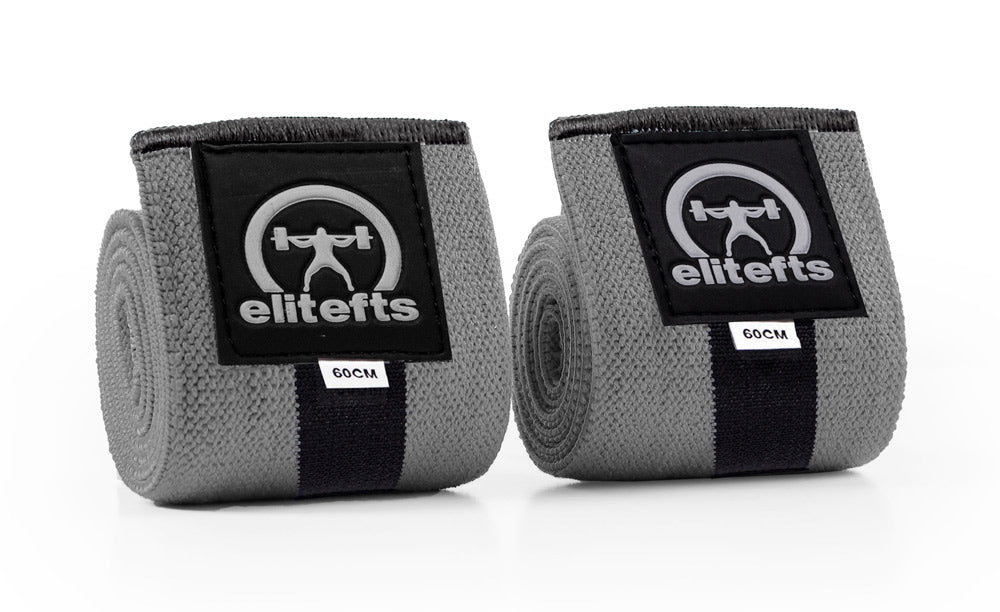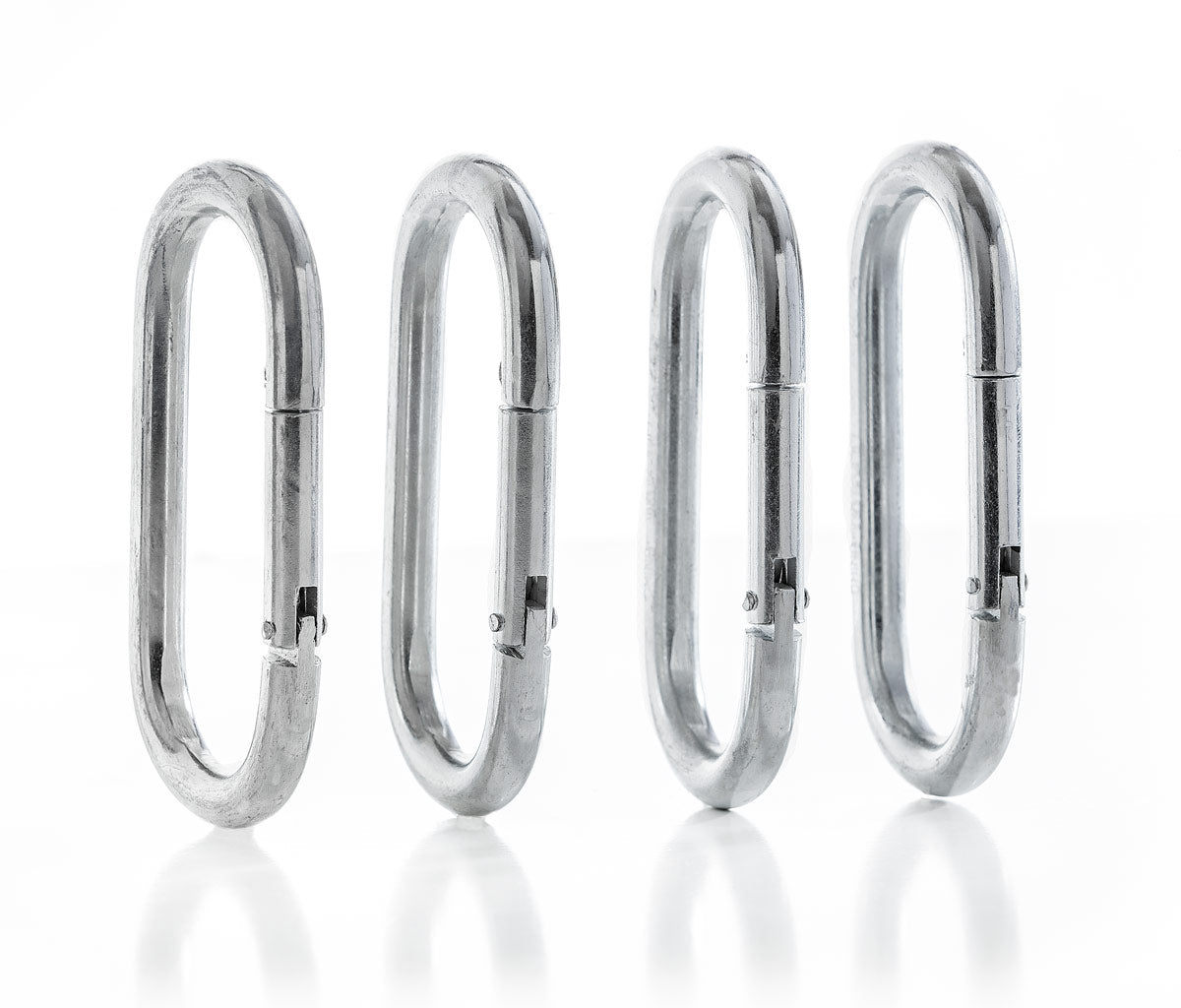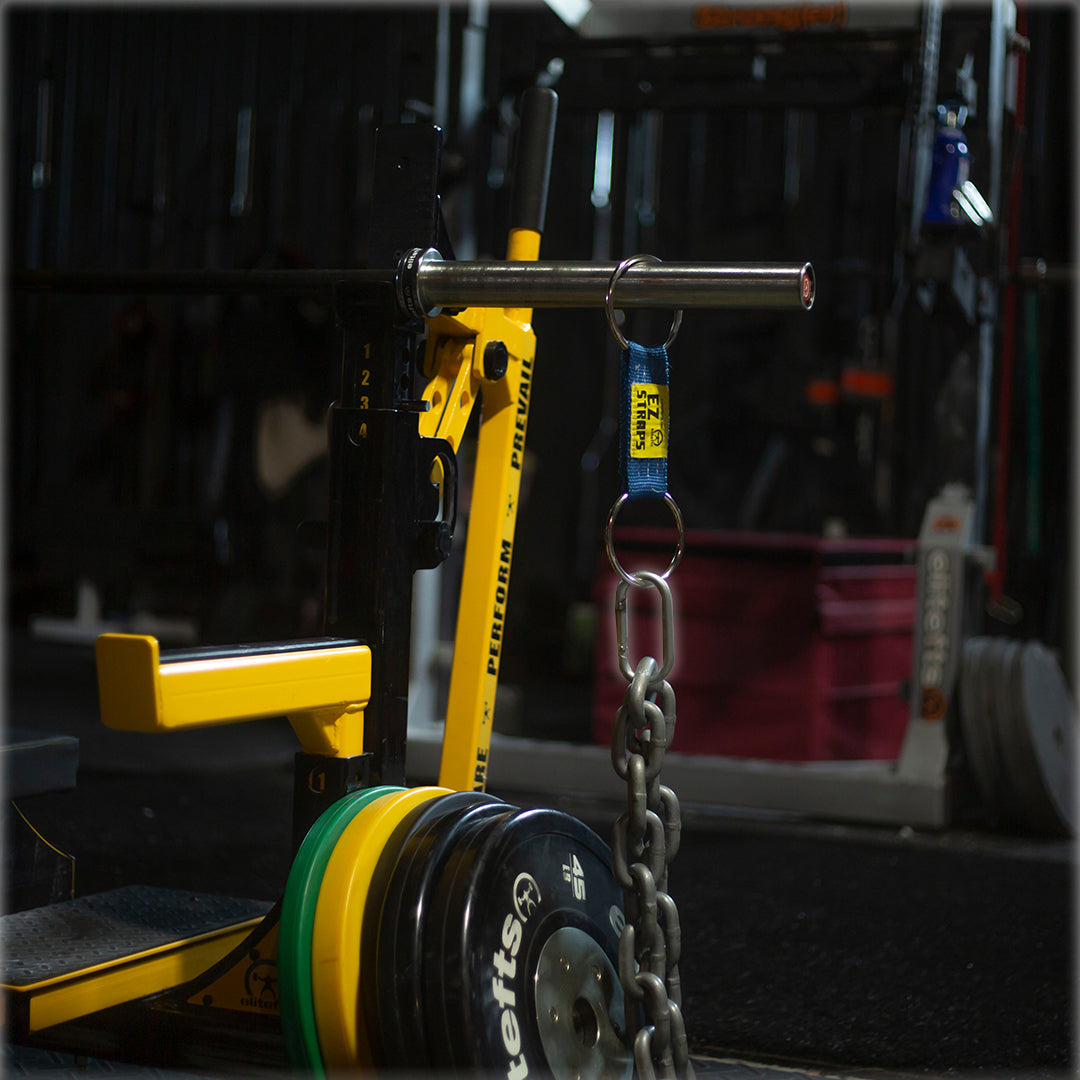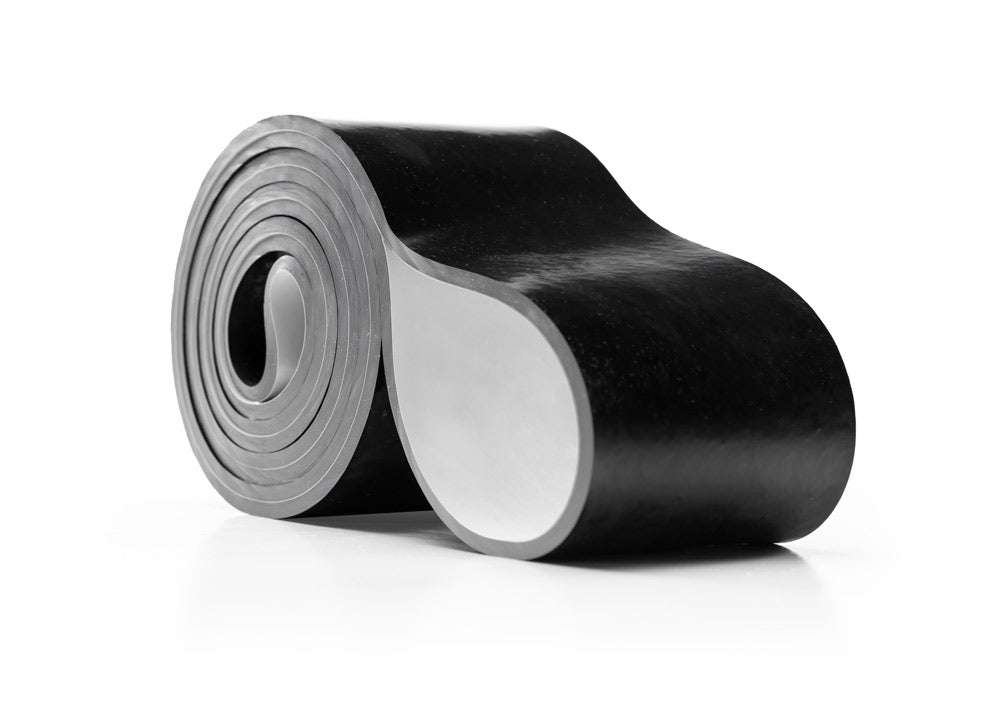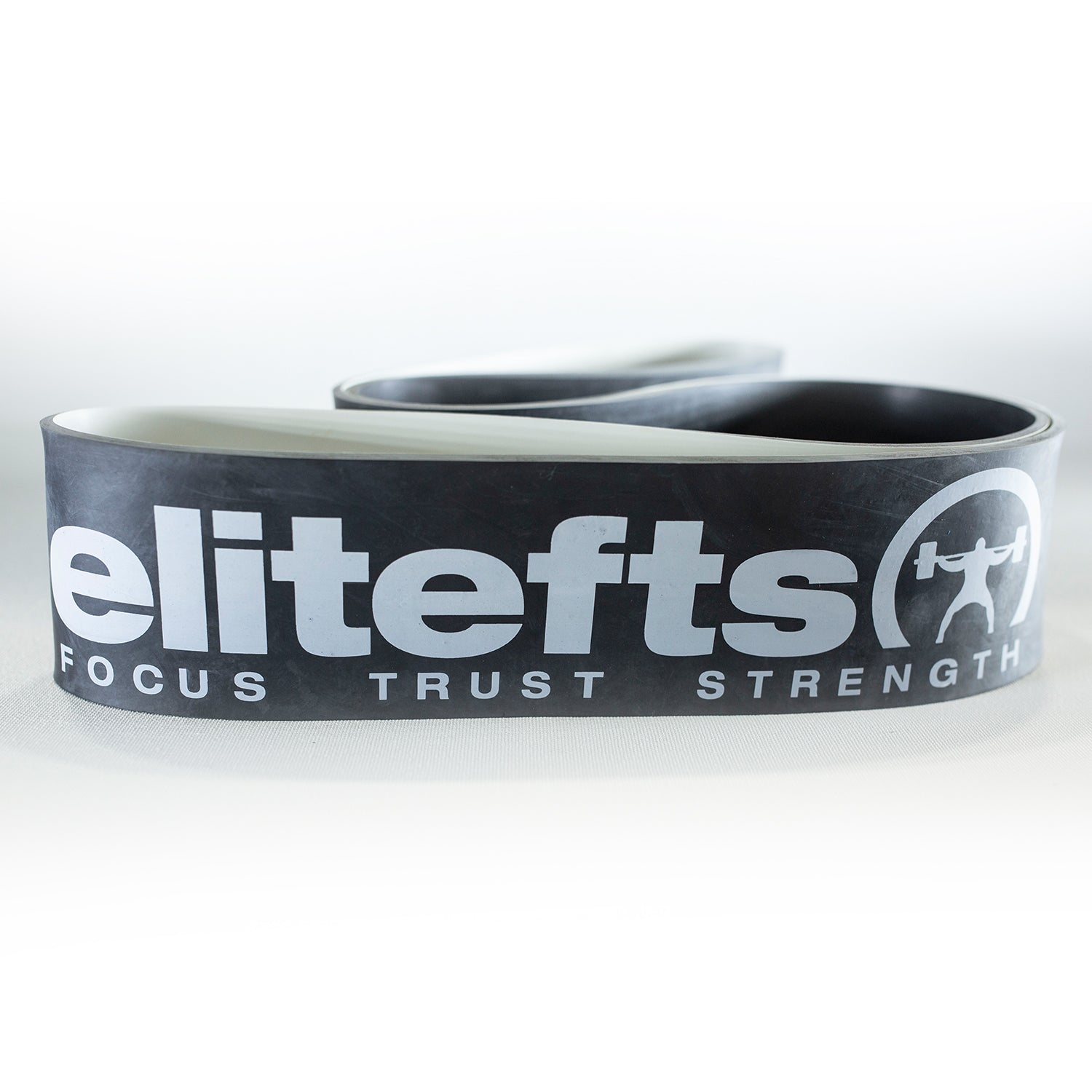AC: Dave, you’re an Elite powerlifter and own one of the most successful strength training equipment companies in existence—and by extension a website that has become one of the best educational companies in the field. So, what’s the plan from here? And I mean THE plan. At what point does Dave Tate walk away into the sunset and just “live happily ever after?”
DT: The plan? As usual, you toss out the questions that cause me to think and think hard. This one has been at the back of my mind for two days, and I believe what you are really asking is what I feel my purpose is. This is where things can get tricky because those who read this may be trying to figure out what their purpose or aim is. The need to understand this is extremely personal and individual. What is one person’s driving force can be another’s demise. Let’s back up and I’ll explain some of the training that I did years ago to discover my answer to this question. This was actually the very first step I took after enrolling the help of a business consultant. Some may wonder what purpose and aim has to do with business so let me state that there was a valid reason why this was the first thing that I did. Your business, regardless of the size, will always be an extension of you and the values that you hold true. The goal of a business is to enhance your life. This would be very hard to do if your business plan was not in line with your purpose. Knowing your purpose will help you shape your life instead of letting life shape you. It will allow you to live intentionally, not accidentally. Here are some quick and easy steps to help someone along the path of discovering their purpose or aim. Note: This is a path of discovery, not an exercise in answering questions.
- Determine your values: To start with, ask yourself what values you dislike in people. This is the easiest way to begin the process. Once you establish this, think of those people who you admire the most and why. Then look at the list of what you dislike and think of the exact opposite. You will be getting close. When you think of those people whom you admire the most and why, you will be locking into the exact values that you share with them (or would like to). These values make up who you are and what you will be. If you do not like what you see, there’s a very simple one word solution—change.
- Determine what you don’t want: What do you not want in life? What are you sick of? How much better would life be for you without X? For this exercise, just write down as much as you can without really thinking. This is one of the best ways to discover what you really do want. While this is a very negative experience, it does make what you do want very clear.
- Determine what you do want: Now, write down all of the things that you do want. When do you feel great? When do you feel your strongest? When do you feel most free? While you do this, just write as fast as you can. If you notice that your list is all material things, dig deeper. Why do you want the new car? Why do you want a bigger house? If you ask why to the same question 3–4 times, you will begin to find the real answers. Make sure that when you do this, you keep in mind that limitations can be overcome. This world is FULL of negative people and a small percentage who prove them wrong. Knowing your limitations is not establishing a list of why you can’t do something. For normal people, this list would be known as excuses. For you, it will be known as your path to what you want. We all know nothing is easy. This is proof of it. To get where you want to be, you have to become better. It is that simple.
- Once you do this, go back and circle all of the best things from your “do want” list and begin thinking about those things that are keeping them from happening. Think and write down all of them, externally and internally. Know and learn your limitations. This will help you to overcome them in the future.
- Write your eulogy as it would be written today. Be brutal and honest and think of what it would really say. If you are like I was, you will not like what it says. Now, write what you want it to say.
- Now that you have all of these things written down, start thinking really hard. This is not something you discuss with other people. This is something that has to come from you. At this point, write a statement of your purpose or aim. This should be one sentence or less.
Getting back to your question, Alwyn, what is my plan from here? How do I live haply ever after? Simple, I keep striving to live the purpose of my life—“to live, learn, and pass on.” By this, I mean I want to
live life. I do not want to have life happen to me. While shit happens and I understand that, I want to enjoy the time I have here. We are only here once so I want to take in all I can. There is a
huge difference between living a life and letting life control you. For the record, this is a state of mind. Other people and situations do not make you happy or unhappy. You make this decision yourself. Now, you see why this is a journey that is
not easy. I want to learn and keep learning. The only way that I’ve found to get better is to learn more and apply what I learn. Many people study many things and never have been able to apply what they learned. Learning should be a process of bringing in new information, thinking, and then executing. Most have the first part figured out but lack the last two. There are still many who do study and learn and have become masters at what they know but are still missing the third component. If you don’t execute what you’ve learned, it’s really meaningless and improves your life as much as watching television or playing video games. I want to pass on and try to make a difference, most importantly in the lives of my family and closest friends. With some luck, maybe I can make a difference in the way that people see life and training. However, this will be left to the future to decide. This question does make me wonder what your thoughts on this would be and what your thoughts are on what I wrote. Having successful business(s) yourself, being an Elite fighter, and beating cancer twice has to give you an enhanced perspective on your purpose in life. Maybe you think it is all bullshit or maybe not. So, let me toss the question right back at you. What is your plan and how do you live happily ever after?
AC: Dave, after two rounds with cancer, I think maybe I’m already living the happily ever after part, no matter how long it lasts. Sometimes, it’s hard for me to set goals. My goal for a while was just “don’t die.” After that, everything seems “small stuff” by comparison. Derek Campbell, my tae kwon do instructor, changed the course of my life. My family couldn’t afford lessons so he taught me for free. When I couldn’t afford to travel from college to national team training or tournaments, he funded it himself. As a result of that man’s selfless actions, I became a black belt international competitor. As a result of that, I went to college to study sports science. As a result of that, I took a summer job teaching weight training and Taekwon-Do at a summer camp in the U.S. And as a result of that, I decided to move here and work in New York City where I met my wife, Rachel… Derek Campbell was the type of person who took a young kid and transformed his life for the better for no reason other than he was able to. I suppose my true “finish line” is when I “pay it forward” and I’m able to do that. We all remember the coach or school teacher who made our life miserable. And we all remember the coach or teacher who raised us up and took us to another place. I just want to be the second one. “A hundred years from now, it will not matter what my bank account was, what sort of house I lived in, or the kind of car I drove…but the world may be different because I was important in the life of a child.”
Question: What do you wish you knew when you were 21-years-old? DT: To be honest, I want to flip this question because I feel it is one of the reasons why many CEOs lose touch with their markets (causing ripple effects such as crappy customer service). The better question would be, “What did I know when I was 21-years-old that I may have lost touch with today?” This one will make you think. When I was 21, my life was about studying, training, and having the best time I could while trying to still help people with their training (note: live, learn, and pass on; when you lock into your purpose, you will see how it has guided you most of your life). I was still in college at the time and had a huge passion for training. I wanted to get huge and be as strong as I could plus some. This was all I thought about and all I talked about. It consumed me to the point of being excessive, and it was great. I still have a strong passion for training, but as you get older, other things enter your life and take higher priority. Family, business, and relationships take the front spot. Maybe it is just part of getting older or maybe not? Who knows? We all have reasons for why we do what we do, and I have no regrets whatsoever in the decisions that I’ve made and the paths that I took to get here. However, I do always think back to that time often, not because it was the time of my life (every day is because it is really all we have) but because my passion for training was at an all-time high. I did it all because I loved it. I didn’t do it to get my name on a record board or a top 100 list or to total Elite again but just out of pure love and passion for lifting heavy weights. This is what EliteFTS is all about. If I did not still train with purpose and passion and did not think back on these times, I bet all I have that EliteFTS would not be here today. So while I know more today than I did back then, it is really irrelevant because what you know and how you apply it also depends on the climate at the time. For example, I could have known how to run an e-commerce store back then, but the internet wasn’t popular. I could have known marketing back then, but the market was different so what works today would have never worked back then. I could have known that I would grow up to be a business person with two kids, but I would have laughed at the thought. This was kind of a weird question that had me thinking in several directions before I came up with something that I felt good with. Out of curiosity, how would you answer this one?
AC: I’m not sure that I “wish” I knew anything. If I knew then what I know now, my life would be entirely different for sure. However, I think that’s part of growing. Maybe there’s some stuff that you’re just not supposed to know. There are tons of things that I’ve learned. But without getting too metaphysical, perhaps the journey was the real lesson as opposed to the lesson itself. However, I agree with you. It’s important not to forget the attitude I had at 21-years-old. I’ll tell you one thing…at 21-years-old, I was in college and training to fight at the European championships. I don’t think I had any idea that ten years later I’d be married, own a gym halfway around the world, and be about to enter the biggest fight of my life. A client once said to me, “You’ve got some balls to just up and leave and move around the world to pursue your goals.” To be honest, I never thought that through. When I moved here, it didn’t seem like a big deal to me at the time. And that’s the naivety of youth—and the strength of it. You are absolutely fearless and think you’re bulletproof. I don’t think I’d ever want to tell a 21-year-old that anything is beyond their reach. To answer the question, I suppose life just moves ridiculously fast. It’s like the Ferris Bueller movie. If you don’t stop and look around once in a while, you could miss it. Learn and grow as if you were going to live forever. However, live and experience everything as if you were going to die tomorrow. Your integrity is all you’ll be remembered for when you’re gone. Promises are just words until the shit hits the fan. It’s when your best intentions collide with harsh reality that who you are is truly revealed. Maintain your word when it’s the most difficult to do so, and you will become the strongest man in the world. And there are arseholes in this world. Don’t be one. But when confronted with one, respond accordingly.
Question: With the growth of the internet, we have seen an interesting reversal. We are fully immersed in the “information age.” There is just so much material that you’re no longer searching for information, you’re bombarded with it. These days you have to filter information. How do you do that? AC: It’s true. Universities are going to be defunct at some point. They used to be the places where you went to acquire knowledge. That’s no longer the case. Now, they are just certification bodies that give you a piece of paper showing that you acquired some knowledge. But you don’t need to go to a university to get that education. They don’t have a monopoly on information. At this point, there is so much information available that you need to filter out as much as you take on board. My personal filter is to heavily prioritize information that comes from “real world” practitioners whose livelihood depends upon delivering results or solving problems (and I’m a fanatic for proof). I’m looking specifically for people who understand the balance of information versus action. There are a ton of registered dieticians for instance who have a ton of information but see no problems in recommending a fat loss diet that consists of cereal, muffins, and orange juice for breakfast. On the other hand, there are bodybuilders, lifters, and coaches who ignore the science completely. I spoke to a physical therapist at a seminar recently who was telling me all about the research between shoulder pain and dysfunction stemming from the opposite hip. He was talking about the “kinetic chain” and “anatomy trains” and how the problem is transferred up through the gluteal fibers through the thoraco-lumbar fascia and up the lat to the shoulder. Smart, smart guy. The next day I went to the gym with him. As we walked in, he asked me what I was doing. I told him and asked the same question. He replied, “Back.” And that’s what he did. He did about 30 minutes of pull-downs (with various grips to really attack the lats from different angles of course) and then 30 minutes of cable rows. Isn’t it strange that a guy who understands kinetic chain dysfunction and concepts of “anatomy trains” ignores all that when it comes to his own workout?
DT: To answer your question, this is not strange to me at all. For many, it is always easier to fall back into our old habits then it is to create new ones. You know the saying, “Do as I say, not as I do.” I feel these people (including us in many cases) do know better and could very well create better programs for themselves but do not out of spite, ego, or laziness. It could also be that we just don’t want to because we like what we do. For many trainers, the time they get to train may be the only time they have to themselves each day that isn’t scheduled or programmed. These are all poor excuses, but we see it and do it all the time. Why would a trainer look like crap, eat like crap, and not even train at all? Why would a strength coach do the same? Do they have less passion for their job than the rest? These are questions that only they can answer, but I will end by saying we who are in the industry—whether it be strength or fitness—are all walking examples of what we teach and believe. I would never go to a financial investor who did not have successful investments, and I would not even speak to one who had zero investments at all.
Q: Let’s bring it back to training for a second. What’s the one thing about your approach to training that’s misunderstood? AC: The minutiae stuff. I talked about aerobics not being great for fat loss. I did a DVD and two articles on complexes. So people think I’m the anti-aerobics guy who just does barbell complexes… I’ve said this before, but I think most of us in this field agree on 90 percent of what we do. Even multiple set Olympic lifting coaches and one-set-to-failure HIT machine guys both agree that you need to lift heavy weights. So they’re closer in philosophy than you think.
DT: I agree. We all agree on 90 percent, if not more. I wish people would spend
more time learning and focusing on that instead of the 10 percent differences. Most of us rarely get the chance to use all we know in the first place. Less than 5 percent of the clients and customers that we speak to are even ready for anything over intermediate programming, yet they all feel that they are advanced.
Q: What do you think holds you back commercially the most? AC: My staunch refusal to have a “hook.” I’m not an Olympic lifting guy. I’m not a kettlebell guy. I’m not a Swiss ball guy. I’m sure if I gave myself an angle or a hook, I could own that category and make more money. My approach has always been eclectic. However, in the history of the world, the eclectic approach has only ever worked commercially for Bruce Lee. Yet, I believe in using that approach.
DT: I will agree to disagree with you on this one. I feel having a “hook”
may lead to short-term success, but if you are in it for the long-term, a hook will not get you there unless you can keep coming up with new ones. Another term for “hook” is “trend,” and as we all know, these come and go. When you are totally dependent on this, your time will be limited. I’ll also say that if your “trend” hits and hits big, the short-term gain could also mean that you may never have to work a day for the rest of your life. The real issue I guess is to gain a real understanding of what your business purpose is in the first place.
Question: How would you like to be remembered? AC: As a guy who died at a very, very old age and not of cancer? I’d be happy with being remembered as a guy who did the best he knew how to do and helped a few people along the way.
DT: Hmm, I can think of a few stories that I will always remember about you, but you wouldn’t let me write them down so I guess I’ll have to keep those to myself. I do remember that I once asked you years ago this very same question, and your answer was that you did not care. At the time, I thought this was a screwed up answer, and I couldn’t figure out why you would say this. Now, years later, I see how it may have been the “best” answer to any question that you’ve ever been asked. If people are to look at the deeper meaning behind this answer, they will see what I mean.
Question: Do you have anything else to add? DT: No. Alwyn, do you have anything else to add?
AC: No. Dave, do you have anything else to add?
DT: No. Do you?
AC: No. Do you?
DT: No.
AC: Me either. Just making sure though.













































































